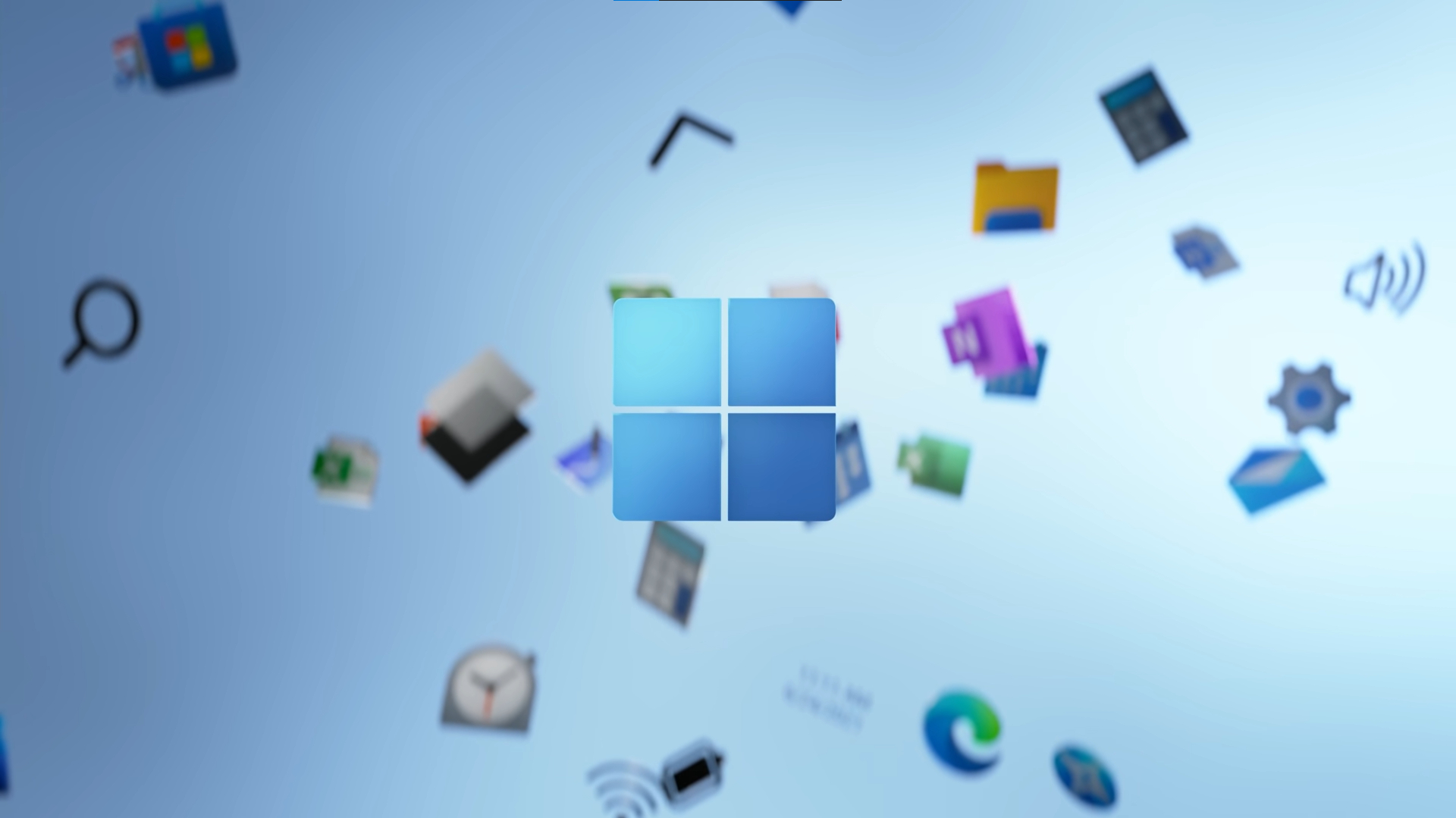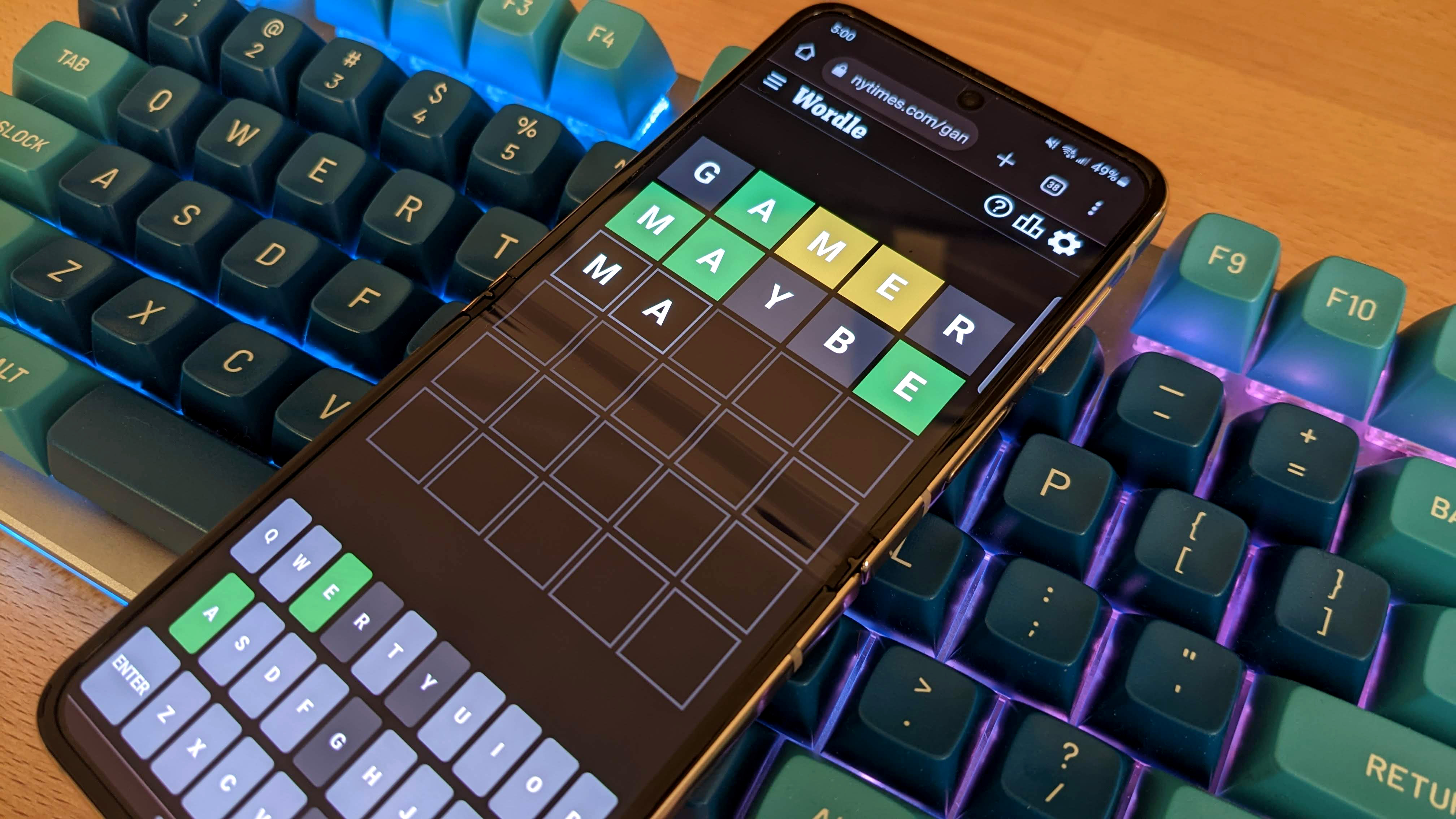
The slimmed down Windows variant only needs 8GB of install space.
Windows, whether you love it or hate it, is by and large the operating system most people use. Until fairly recently if you wanted to game on another platform like Linux or Mac you could often be fresh out of luck. With the introduction of Proton and the Steam Deck, things are getting more accessible for Linux platforms, even if game-breaking third party issues persist. But there’s not a lot of options for lower powered machines when it comes to running a new version of Windows. That is until Tom’s Hardware spotted NTDev’s work on Tiny11, a cut down version of the current Microsoft OS.
For the most part we like Windows 11 well enough. It’s sure had some teething problems, but with constant fixes it’s starting to become worthy of most PC gaming setups. It runs well on most modern machines, but given it needs over 20GB to install and around 8GB of RAM to run, it’s simply not the answer for some older, or just smaller builds. Those kinds of setups would often be left looking to Linux or maybe an older Windows system, that is unless they want to give Tiny11 a try.
Tiny11 is a project by NTDev that slims Windows 11 down into a byte sized version of the operating system. With Tiny11, those 20GB of required install space have been dropped right down to eight, with the potential to get even lower with further drive compression. As for the RAM, it only needs 2GB to run “great” but can kinda work, albeit very slowly on under 400 MB.
To get this working, NTDev had to remove much of the bloatware out of Windows 11. The operating system itself in Tiny11 is only taking up 6.34GB, the rest is taken up by surviving apps. These include a lot of basics like calculator and notepad, but also the access to the Microsoft store so you can still download new programs.
(Image credit: Microsoft)
Windows 11 review: What we think of the new OS
How to install Windows 11: Safe and secure install
What you need to know before upgrading: Things to note before downloading the latest OS
Windows 11 TPM requirements: Microsoft’s strict security policy
Some of Tiny11’s features are made possible by Rufus, a tool that lets you get around not having a Microsoft account for general use. That being said, using the Microsoft store and other features will likely still require an account, so it depends on how you intend to use your Tiny11 machine as to how much you interact with Microsoft’s ecosystems.
Another potential downside to this kind of system is that it isn’t officially supported. Thanks to the cut-down nature of Tiny11, there’s going to be features you’re going without. Plus it won’t update by itself, so you may also need to keep an eye out for future releases for NTDev.
All that aside this looks like a great way to have Microsoft’s latest and greatest OS on your obscure little PC. Whether your machine is just a bit too old to keep up with the big boys, or you’re planning some hobbyist projects that require a slimmed down OS, this actually makes Windows a viable option. We just need to see if it can run Crysis before we give it the PC gaming tick of approval.



